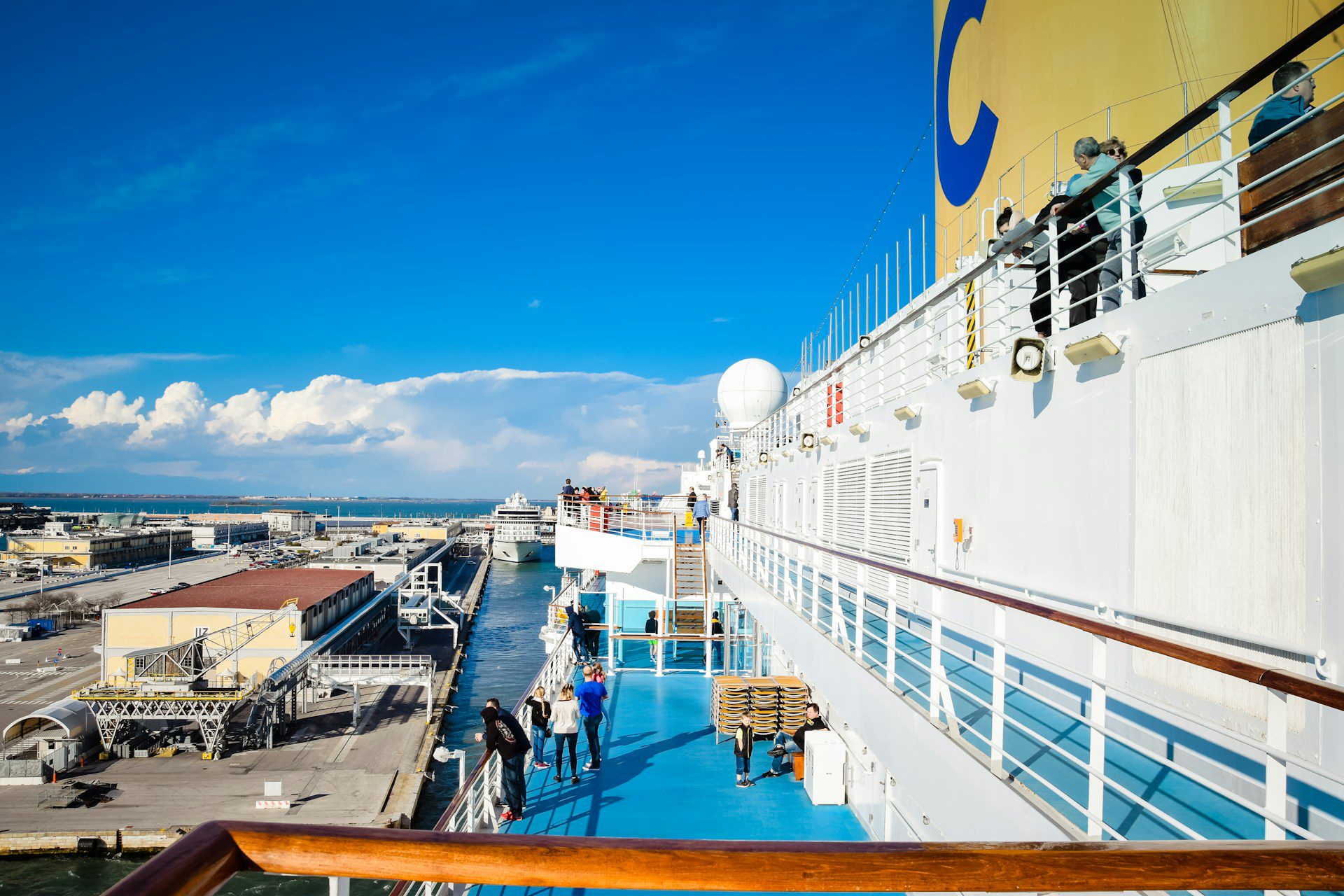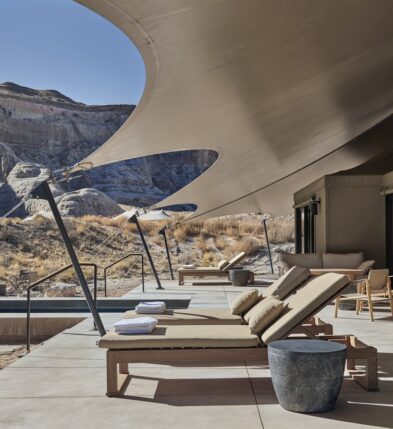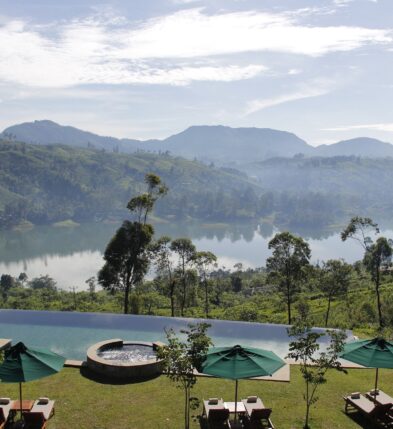From beach umbrellas to space flights, the world’s most desirable destinations are under pressure—not just from tourists, but from the systems that privilege certain travellers while displacing others. Each year on Earth Day, travel brands roll out their greenest messaging. We’re reminded to reuse towels, skip the daily linen change, or maybe offset our flights. And in 2025, under the rallying call Our Power, Our Planet, the emphasis is on accelerating a just transition to renewable energy and a sustainable future.
But if travel is to be part of that story, we must ask: who really benefits from the way we explore—and who pays the price?
Because it’s not just about carbon. It’s about cost. And not the one listed on your booking confirmation, but the social, cultural, and environmental price often borne by those who benefit least from the travel economy.
Overtourism: A Crisis of Access and Impact
In Spain, anti-tourism protests have reignited across key destinations like Barcelona and Palma de Mallorca. Locals, wielding water pistols and signs reading “Your luxury, our misery”, are fighting back against a flood of short-term lets and cruise ship crowds that make everyday life unaffordable and unsustainable.
Barcelona’s response? A city-wide plan to eliminate all short-term tourist rentals by 2028, as reported by Euronews For many residents, it’s already too late.
And then there’s Venice.
And then there’s Venice. With roughly 30 million visitors each year—most arriving by cruise ship or for a single day—Venice has become the poster child for overtourism. In 2024, the city introduced a €5 entry fee for day-trippers and began limiting large cruise ships, as reported by TIME. Yet with locals steadily moving out, replaced by souvenir shops and short lets, many wonder: can Venice ever be reclaimed as a home? This question is explored further by Responsible Travel.
It’s not just about foot traffic. It’s about extraction—of space, of resources, of dignity.

The Illusion of Luxury and the Toll on Hospitality
Luxury travel promises “escape,” “elegance,” and “exclusivity.” But at what cost—and to whom?
Recent exposés from Chinese suppliers have laid bare the economics behind luxury goods, revealing that a $34,000 Hermès Birkin bag costs around $1,400 to manufacture. The value? Perception.
This illusion extends to luxury hospitality, where resorts pride themselves on offering “untouched” experiences—often in regions grappling with water scarcity, land dispossession, or economic inequality.

High-end resorts consume disproportionate energy and water resources, often diverting them from surrounding communities. Staff—frequently underpaid and underprotected—are expected to be invisible yet impeccable. Studies show hospitality workers face wage suppression, overwork, and limited social mobility. The Economic Policy Institute reports that minimum wage violations alone cost U.S. workers $8 billion annually.
Luxury here is not just expensive. It’s extractive.
Properties like Melote House exemplify how luxury and sustainability can coexist, offering guests an opulent experience that also supports conservation efforts.
When Travel Becomes a Spectacle
And then, there’s space.
In April 2025, pop icon Katy Perry joined an all-female Blue Origin flight. The mission? Suborbital tourism, where passengers float in weightlessness for a few minutes before returning to Earth. Tickets are rumoured to cost up to $28 million.

Meanwhile, millions of people—climate refugees, asylum seekers, those displaced by war—are vilified for moving, even when it’s a matter of survival. The contrast couldn’t be more stark: some get space travel for sport, while others risk their lives crossing oceans in search of shelter.
This Earth Day, under the call Our Power, Our Planet, we’re reminded that power is not just a resource—it’s a responsibility. Travel can’t be called “sustainable” if it excludes, exploits, or only serves the few while silencing the many.
And yet, we know travel can be beautiful. Transformative. Joyful. The question is: how do we make it part of the solution? It starts with choosing accommodations powered by renewable energy, supporting local economies with dignity—not charity—and embracing a slower, more mindful way of exploring.
Our power lies not just in where we go, but in how gently we tread—and how boldly we reimagine what it means to explore responsibly. Exploring lesser-known winter sun destinations can offer a more enriching, sustainable experience. Community-driven tours like Wild Frontiers show us that travel can uplift rather than uproot.
This Earth Day, let’s move beyond plastic-free pledges and carbon offsets. Let’s envision a future where travel helps restore, not remove. A future where everyone—not just a privileged few—has the right to dream, to wander, and to return home safely, with dignity.





